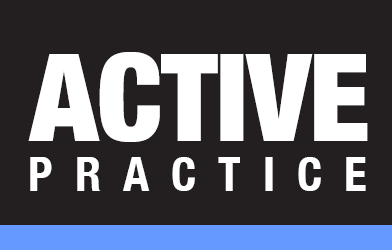Important and Urgent
/One of Stephen Covey's excellent concepts in "The Seven Habits of Highly Effective People" is a simple, powerful way to categorize everything you need to do. Each thing is either urgent (A) or not urgent (B). It is also either important (1) or not important (2).

What Is Urgent?
If you truly have to do something within the next 24 hours, it is Urgent. Nothing gets an "A" for urgent unless you face a short deadline to get it done. Examples:
- Your are giving a presentation tomorrow. Your slides are not done and you haven't rehearsed.
- A tax or legal document must be postmarked Today or your client pays a penalty.
- A smoke detector is screaming.
Once at the end of every day and once at the start of every day, commit to working your ToDo List:
- Check off things that are done.
- Re-label any B's as A's if they must be done in 24 hours.
- Re-label any A's as B's if they are not truly urgent.
What Is Important?
Use 1's and 2's to separate tasks that have a big impact on your work or your life from all of those necessary but more routine tasks.
The basic rule (with a tip of the hat to Ziggy):
Everything is a B2.
That's right. Everything is a B2, but... You may rank a few ToDos as A's when they are actually urgent. You may rank a few ToDos as 1's when they have the potential to make a really big difference in your work or your life.
Check My List Every Day, Really?
Yes, really. You need to check it once at the end of the day and once at the start of the day. If you tear out of the workplace some days without doing it, your morning check will catch you up. You are off to a good start.
Why is this so important? Your list will grow like a weed bed if you don't tend to it. Tell yourself this: "Getting things done is important! If I regularly tend my list, I will feel more satisfied and get more done."
Updating your list before you leave work does two important things:
- It brings you peace of mind after work. It can reduce or eliminate the feeling of, "I must be forgetting something important."
- It sets you up to start work the next day with a sense of clarity and direction. Especially if you sometimes have a fuzzy morning head, your updated list lets you get rolling without having to think too hard.
Work from Your List
Whenever you finish something and don't have another task you have to do immediately, glance at your list. Attend to your urgent tasks and then to your most important tasks. Keep referring back to your list to avoid being sidetracked by time-wasters.
A tip of the hat to Stephen Covey and to David Allen.




